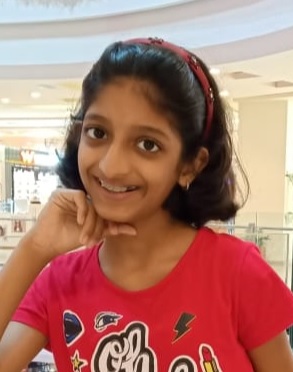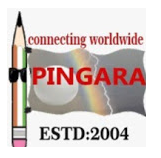Our life is like a cycle that runs on two wheels – one, physical health and the other, our mental health and wellbeing. If one wheel is completely missing, then the cycle won’t work. Mental health plays such a huge role in our lives yet we often belittle its importance.
For an illness, opting for medical treatment seems like the most logical and obvious choice. However, when it comes to mental illness, visiting a psychiatrist is not the most widely accepted option. There is a stereotype amongst most, that having mental illnesses is the individual’s fault
 Mental health disorders contribute to about 14% of the global disease burden. The problem of not accepting that a mental illness is similar to a physical disease has its roots deep in people’s mindset. It may be due to the stigma, the shame or the blemish associated with suffering from any mental disorders. This makes mental health issues more challenging than the physical ailments and needs a multi pronged approach.
Mental health disorders contribute to about 14% of the global disease burden. The problem of not accepting that a mental illness is similar to a physical disease has its roots deep in people’s mindset. It may be due to the stigma, the shame or the blemish associated with suffering from any mental disorders. This makes mental health issues more challenging than the physical ailments and needs a multi pronged approach.
I believe that one of the important ways to bring about a change in perception is by mental health literacy. In simple words, it is being aware about three issues, viz: prevention, early intervention and treatment of mental disorders.
UNESCO defines Literacy as involving a continuum of learning in enabling individuals to achieve their goals, to develop their knowledge and potential, and to participate fully in their community and wider society. The well known Psychologists Hulse, Deese, and Egeth defined learning as “relatively permanent change in behavior or potential behavior that results from direct or indirect experience.”
While considering the right age to start mental health literacy, the adage “Let’s catch ‘em young” is apt. Like all good habits and values, education regarding mental issues needs to start at an early age. Nevertheless, many people may say, children should be kept away from even the mention of the word mental!
We need to start having sessions at different stages in school and address issues peculiar to their age bracket. These sessions must create awareness and help students identify and empower them to deal with such issues. Children must be taught healthy habits such as - sleep early, eat healthy diet, take up a hobby, take up at least one out door sport – we are all referring to habits which help in creating a healthy mind and body. Teaching adolescent how to deal with anxiety, peer pressure, body image, sexuality etc are some issues which directly or indirectly contribute to health literacy.
Help seeking behaviour is also something which needs to be addressed. Studies show that people often seek help from informal sources. This could be due to lack of knowledge, fear of being stigmatised, or even not being able to identify the problem they are facing. Introducing mentors, school counsellors, career counsellors at early age in school, normalises the process of seeking help.
We have all heard the phrase ‘Old habits die hard’, so let us not wait to let a wrong habit or thought process set in our minds. By targeting the school children and youth, we can start laying the foundation of a positive attitude towards mental health and disorders. This will enable a basic change and go a long way in improving health literacy in the world.
About the author

Ira Jain
Ira Jain is currently a Fellow, YLAC Counter Speech Fellowship 2021 and student of Class 8 B, Manipal School, Mangalore, India. She also has a YouTube channel (Ira Jain // IJ world) and is actively engaged in creating awareness on social issues and leading a happier, better and more intentional life.
